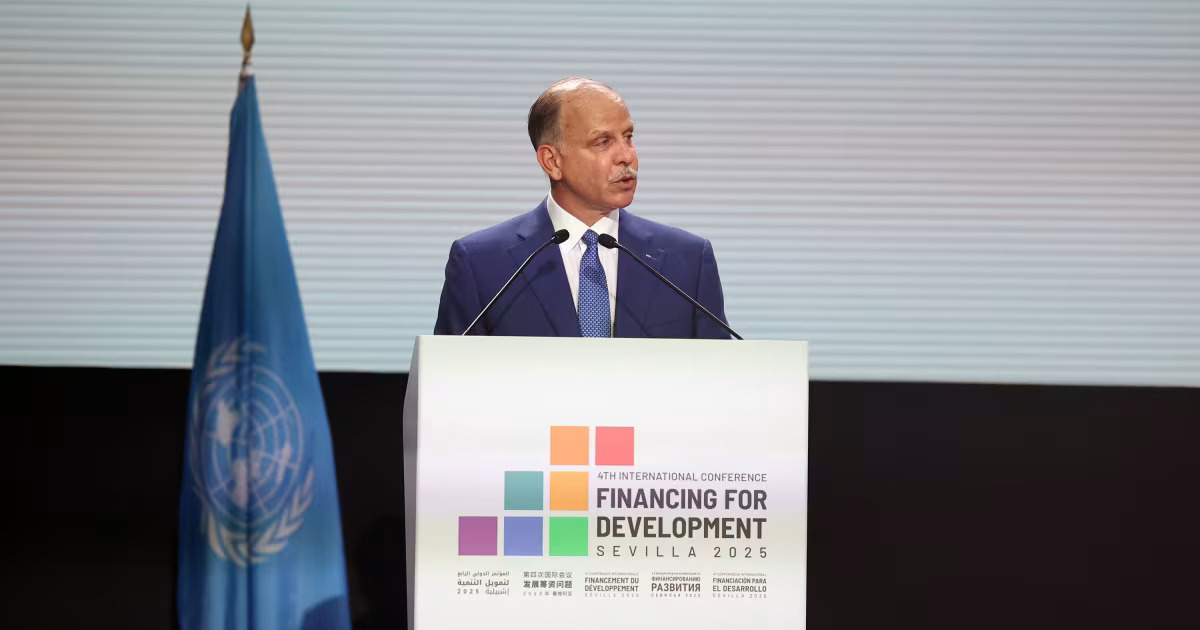[mkdf_dropcaps type=”normal” color=”#f55549″ background_color=””]A[/mkdf_dropcaps]
new study led by Monash University and Victoria University shows increasing participation alone isn’t enough to shift traditional gender relations in sports that have traditionally favoured men.
The study found women and girls felt devalued within sports clubs through ongoing micro-practices including difficulties gaining access to quality facilities, poorer training times, less recognition on club’s social media and lower recognition of their achievements and successes.
Using interviews and observations across a six-month period at a Victorian football and netball club, researchers investigated the impact these changes had on transforming gender relations and in challenging perceptions of the club as a privileged space for its male members.
The women footballers, along with the netball players, indicated that they didn’t consider themselves to be fully embraced by the club.
Many female players reported that they resented not having their achievements celebrated as much as the men’s teams, despite grand final and representative club success.
Monash University associate professor, Ruth Jeanes, said: “While participation in sport is changing through the involvement of more women and girls, the ideologies surrounding what is valued and prioritised within community sport remain fairly traditional with the male senior teams still considered to be the most important element of the club.”
“The profile of women’s elite sport is increasing.
“However, this has not necessarily translated to an equalling of gender relations within community sport.
“Though women and girls are more present than they have ever been in community sporting spaces, and involved in club leadership and coaching, women’s and girls’ participation is still deemed a lower priority and less important than men’s,” she said.
The club involved in the study had several hundred members across junior and senior football and netball teams, with slightly more female than male members.
Across a six-month period, researchers visited the club weekly to observe training sessions, social activities, committee meetings, and match days.
Interviews with male committee members suggested ‘historical ideologies’ had been removed and the club was now a place for everyone.
However, women members disagreed, saying the club revered the dominant performance of masculinity and relegated the importance of women.
Victoria University Institute for Health and Sport Professor, Ramón Spaaij, said: “Girls and women are less likely to continue participating in sports where they don’t feel welcome and their achievements are undervalued.”
“This leads to issues of retention, and girls and women losing out on the numerous health and social benefits provided by community sport participation.
“If culture change towards full gender equity is to be achieved in community sport, more attention needs to be paid to the subtle ways in which women’s presence is marginalised or under-valued.
“Our study particularly shows how the allocation, use and representation of space (playing fields, clubrooms, social media) play an important role in this,” he said.







